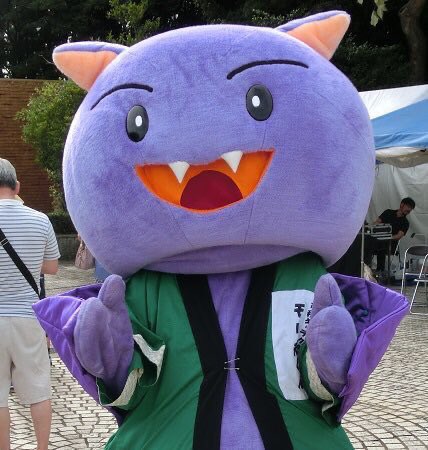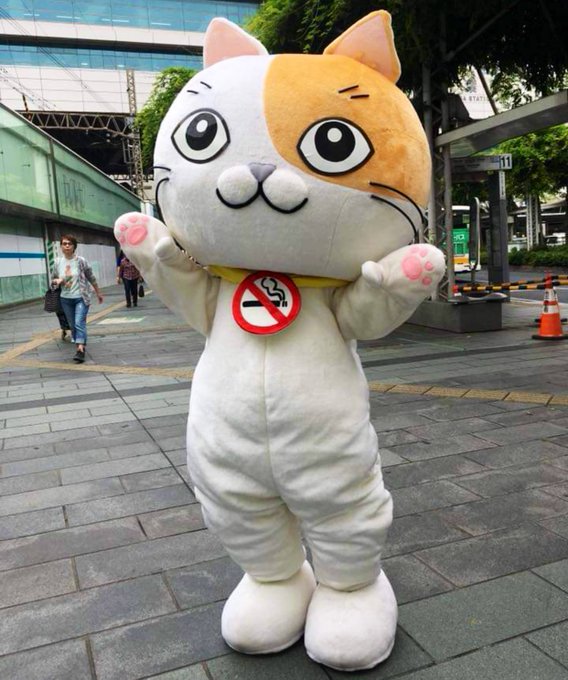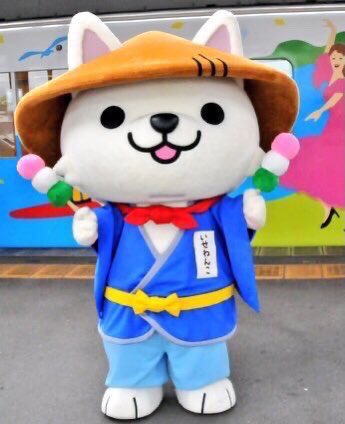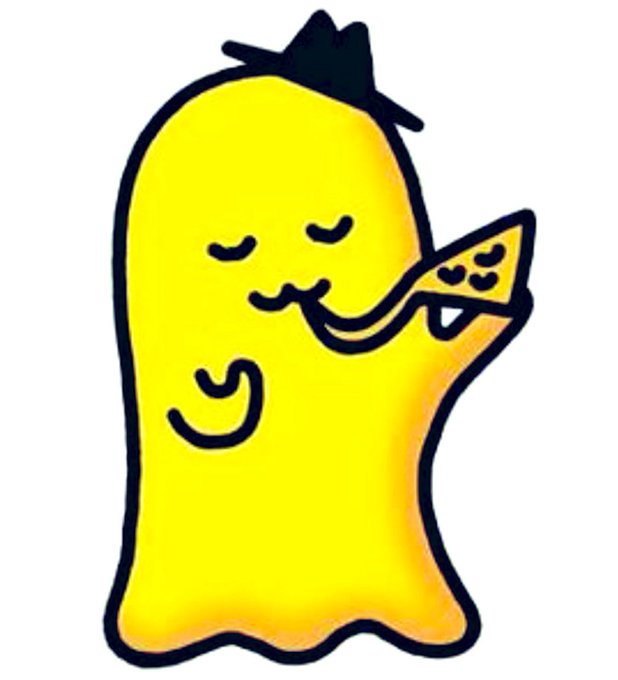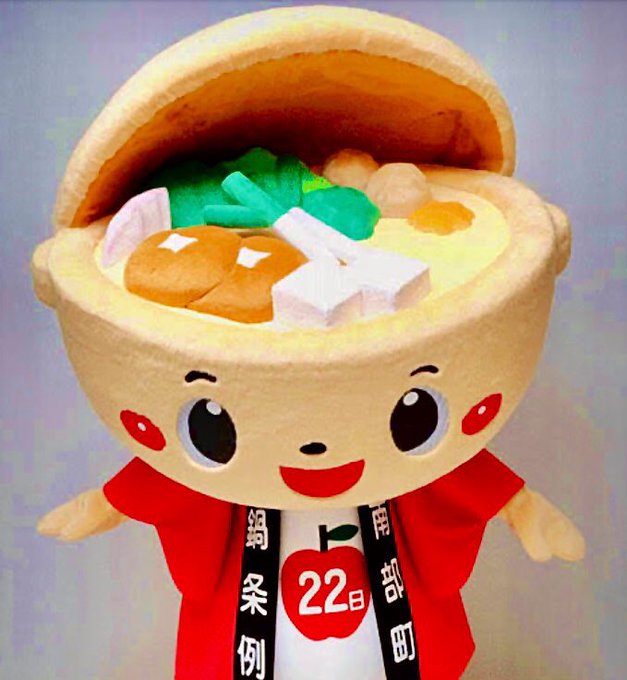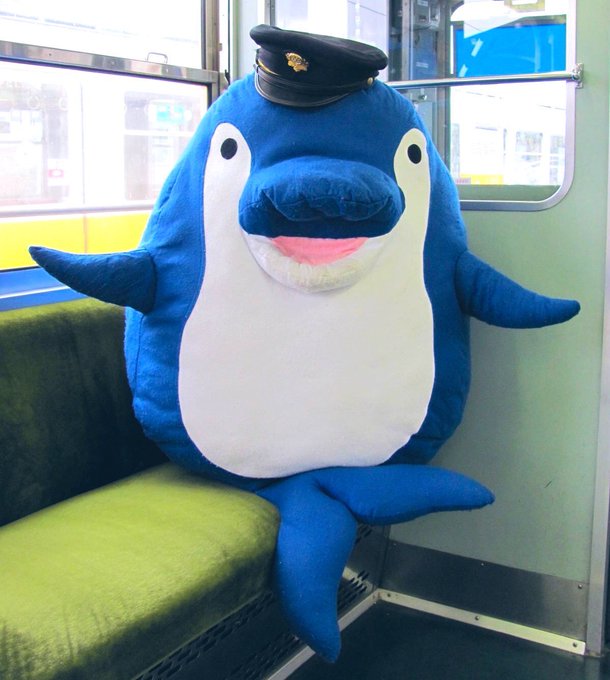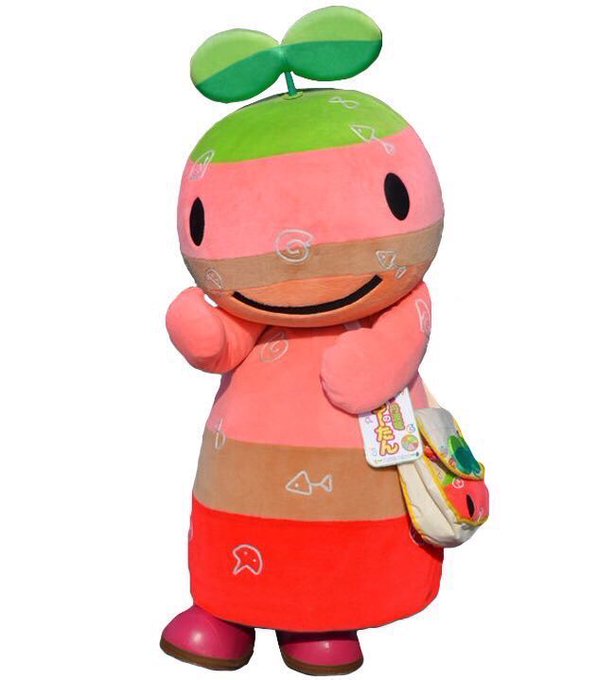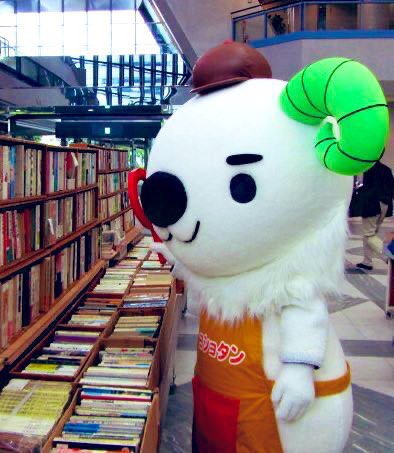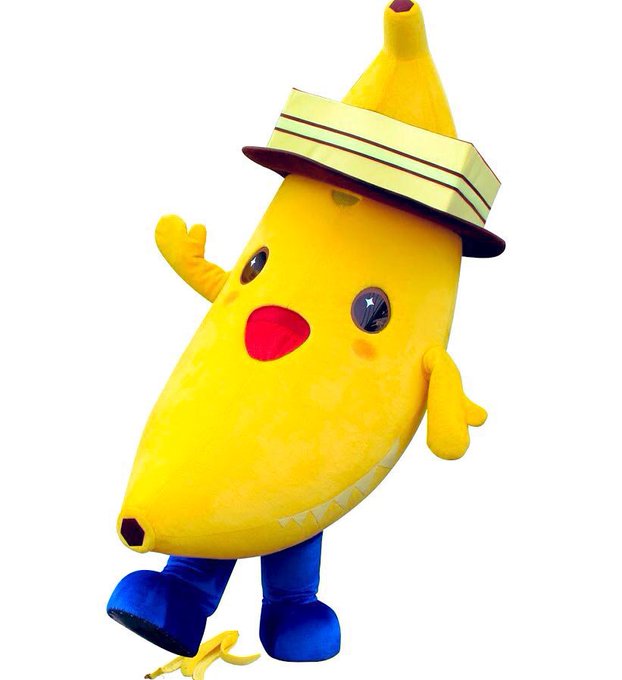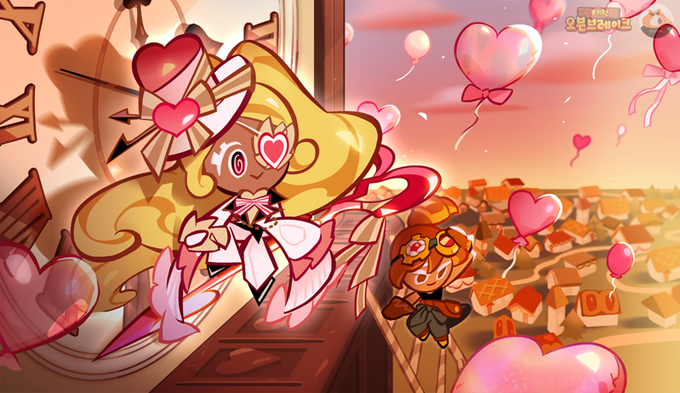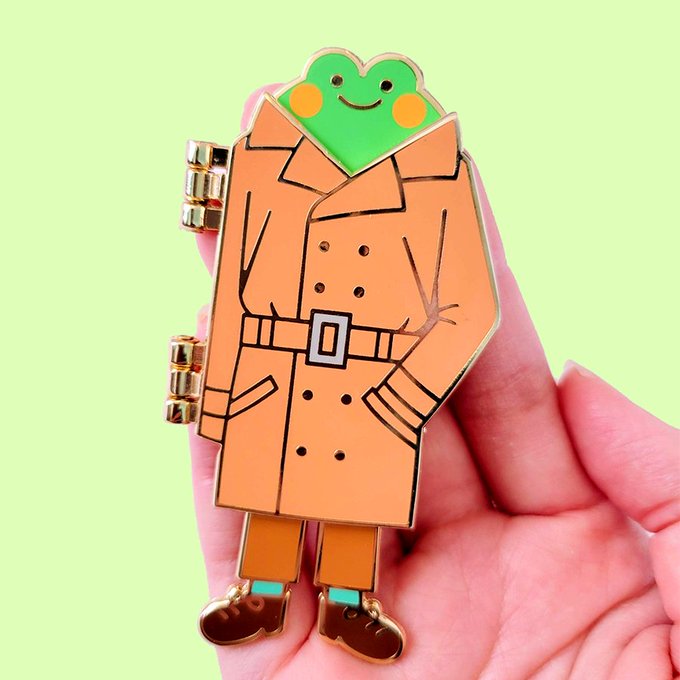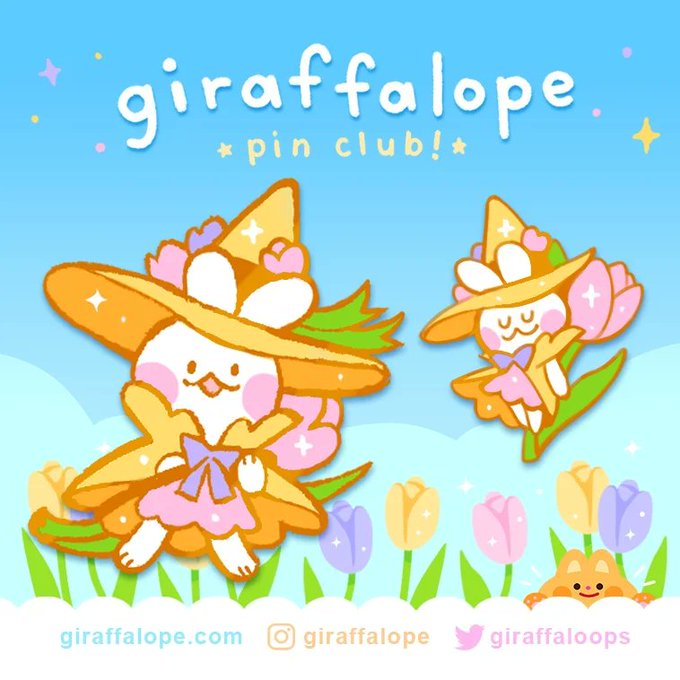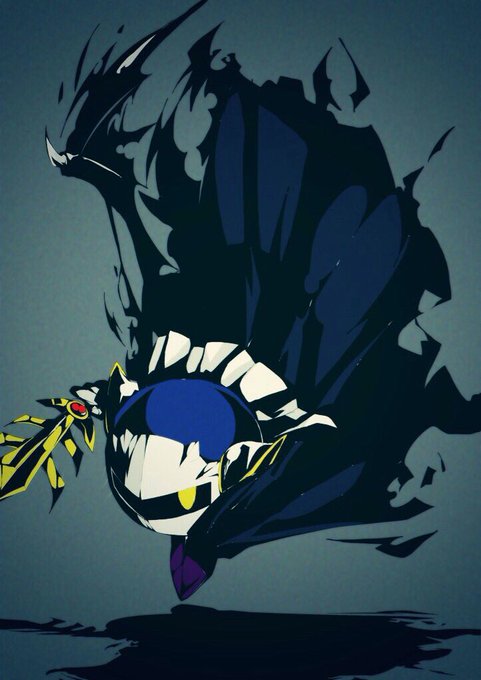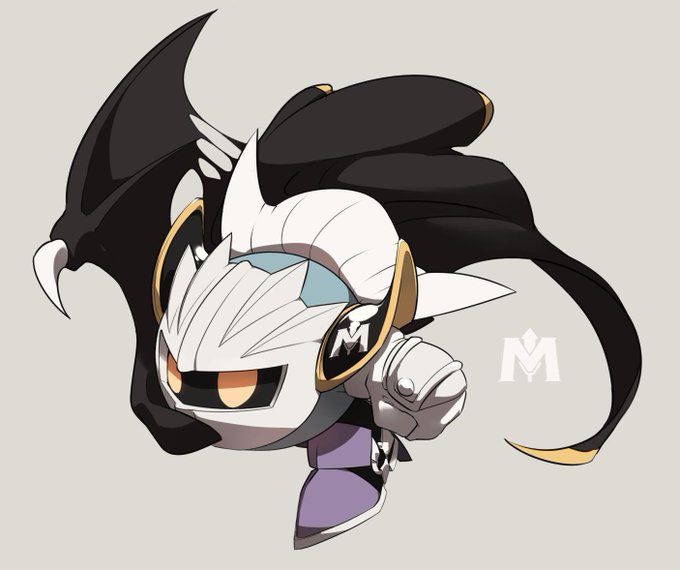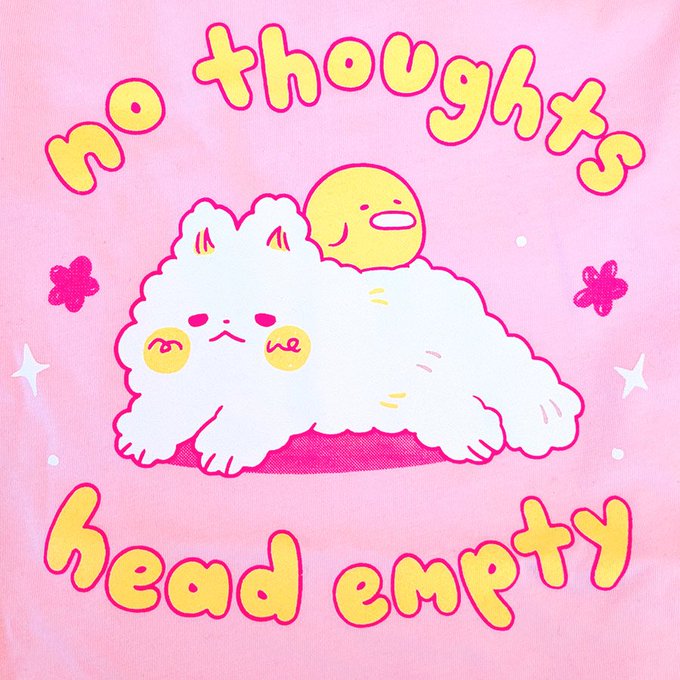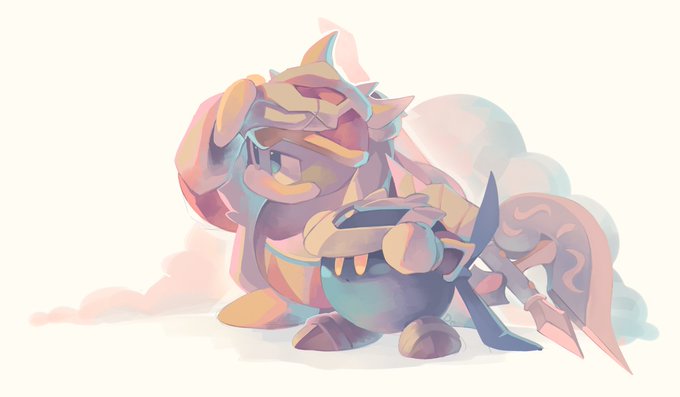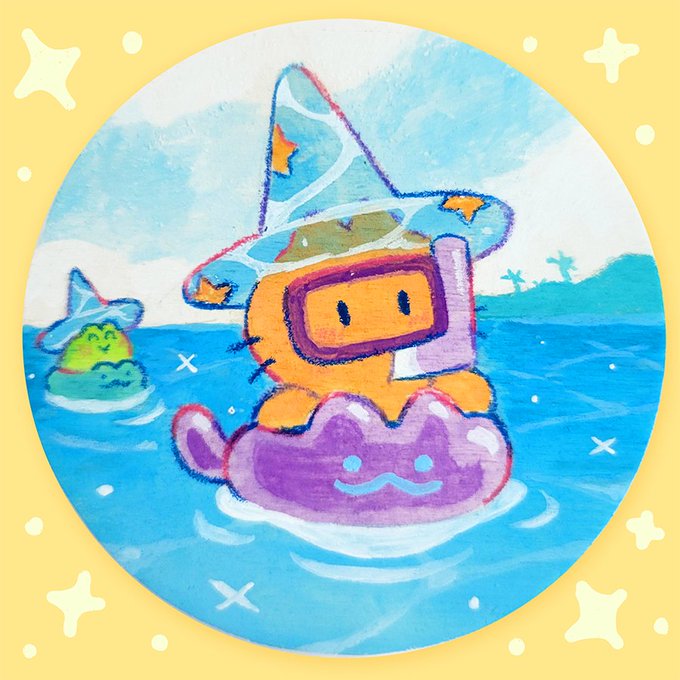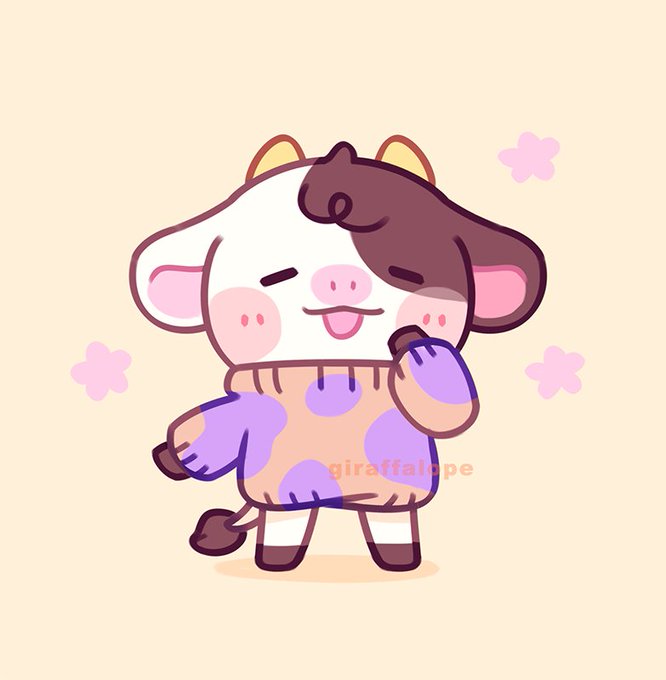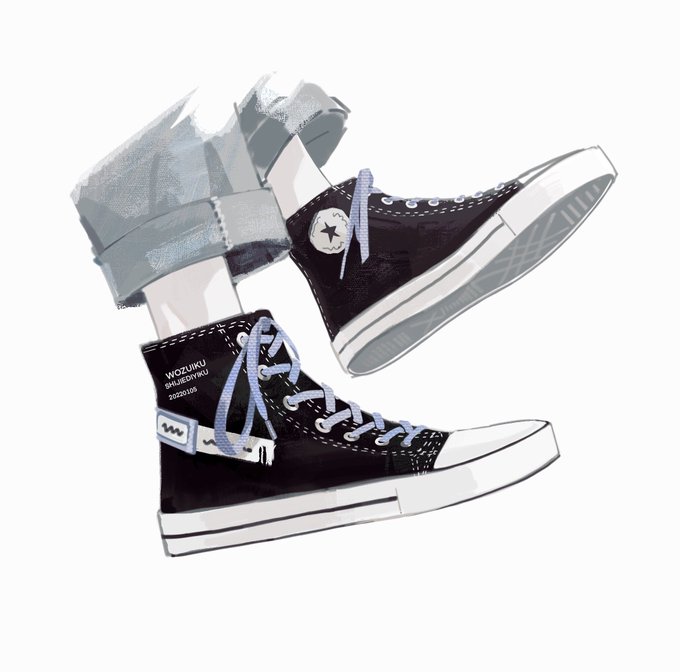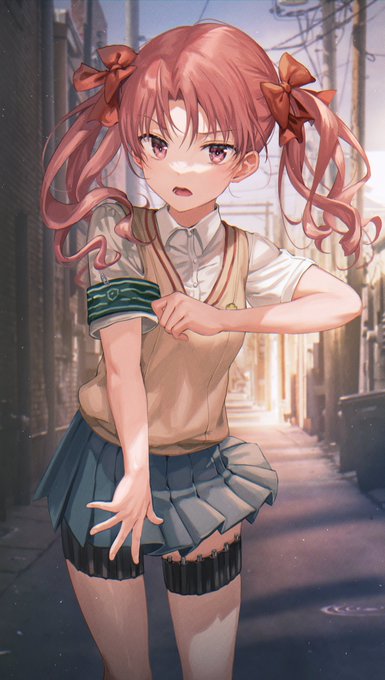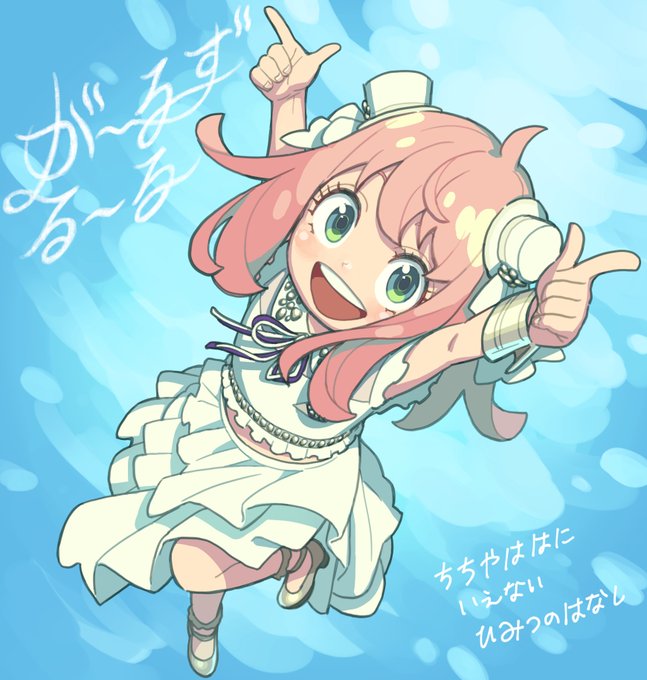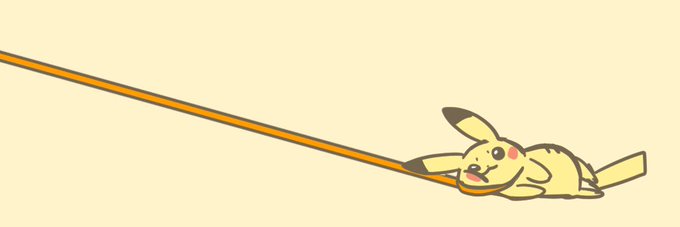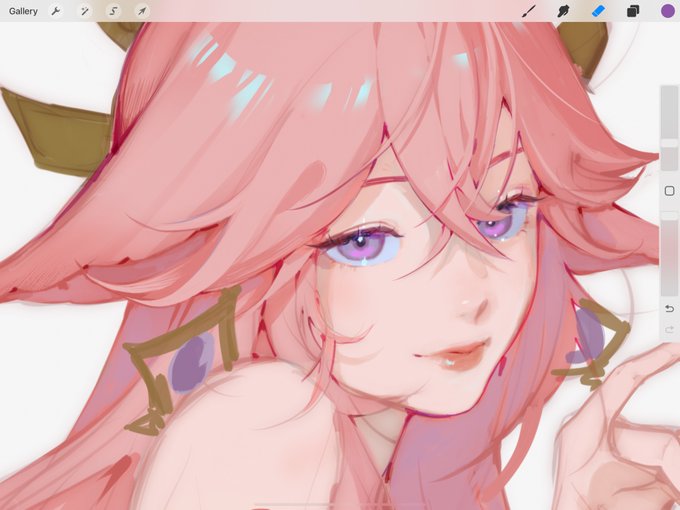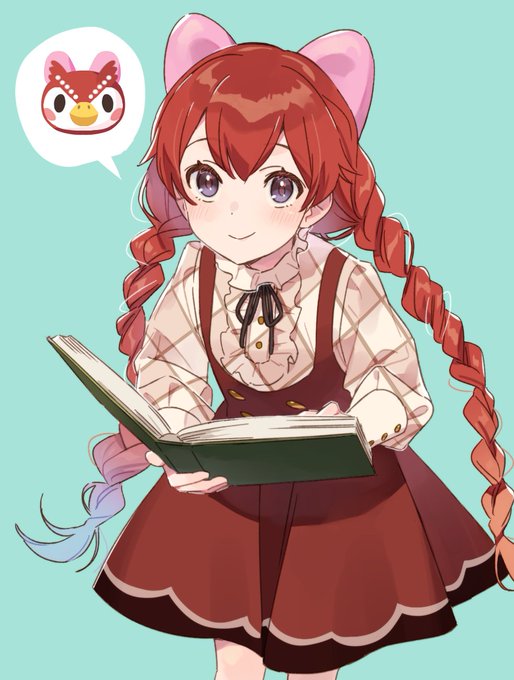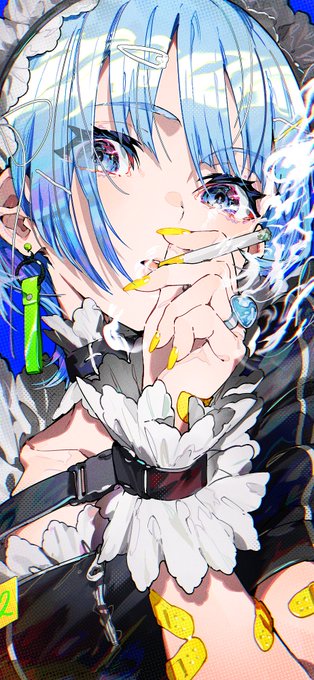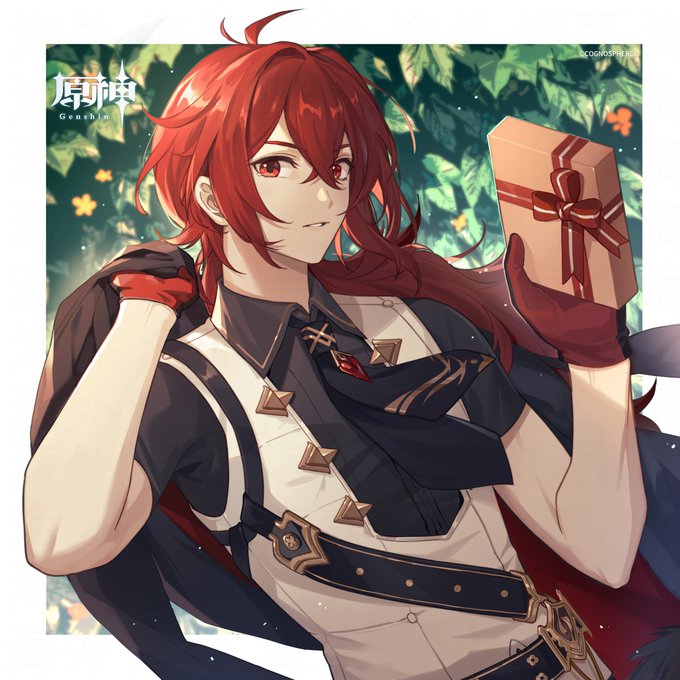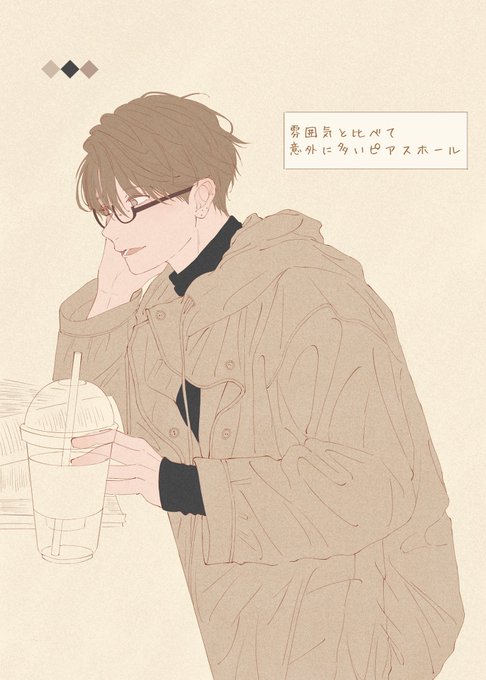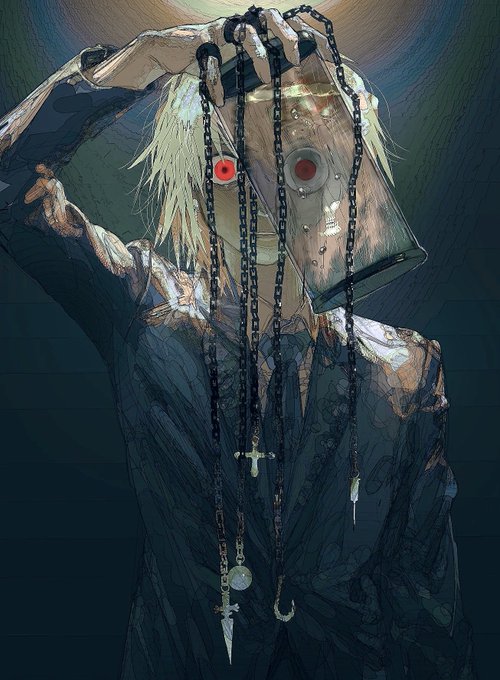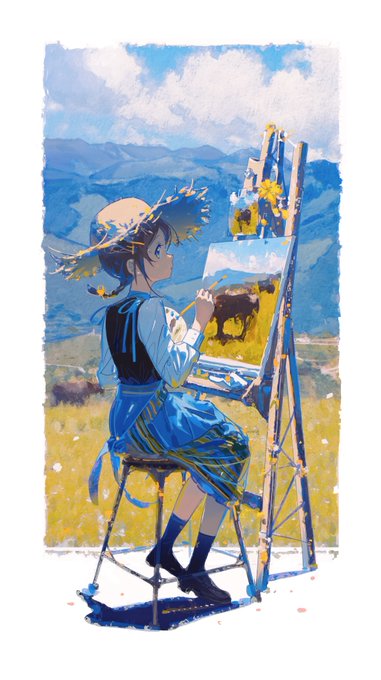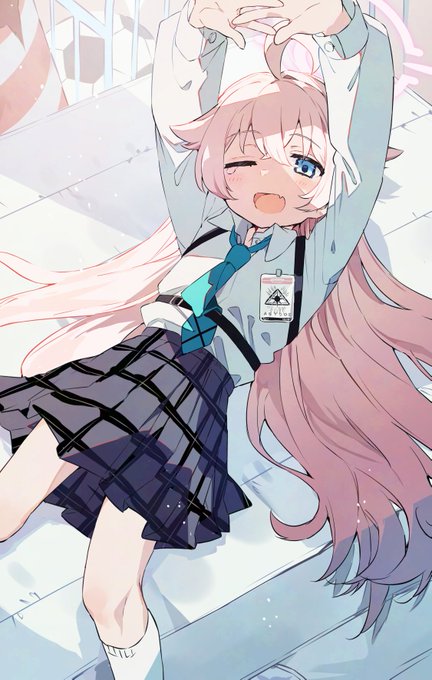出典
Mirai-chan, the mascot for the Mibumachi Toy Museum in Tochigi, can talk with clouds, wind, and animals using the antenna on his head (which can also emit thunder and lightning) and can teleport by pressing his belly button.


作者のその他の人気のイラスト

Morio-kun is a vampire bat who promotes paying taxes by direct debit in Chiba, Japan. (He uses direct debit because he's nocturnal and can't get to the bank in the daytime.)

Wallet-kun, a creature whose head is a mix of a coin purse and Mount Fuji, is the mascot for Shizuoka Bank.

A human/telephone named Teleco-chan was the mascot for the Japanese phone company NTT in the `70s.

Suwanyan is a cat who warns about secondhand smoke. His cousin, Black Suwanyan, teases him by saying he doesn't think secondhand smoke is a big deal.

Mayumaro, a 2,000-year-old silkworm cocoon, is the mascot of Kyoto.

Isewanko is a dog from Ise City, Japan, who wanders the land looking for sweet snacks.

In Japan, Pizza Hut has a mascot called Cheese-kun.

Nabemaru, whose cranium is a hot pot, is the mascot of Nanbu, a town in Aomori, Japan.

Kotochan, a dolphin who is often mistaken for a penguin, serves as both a mascot and a stationmaster for the Kotoden-Kotohira train line.

Tambaryuu No Chi-tan, a dinosaur whose stripes are layers of rock with fossils inside, is the mascot for Tamba City, Japan, where dinosaur bones were dug up.

Detective Koshotan, a goat who likes discovering secondhand books, is the mascot for the Osaka Old Book Association.

Bananan the traveling banana is the mascot for "Petit Banana" cake, a popular souvenir from Osaka. His hat is shaped like the cake.
